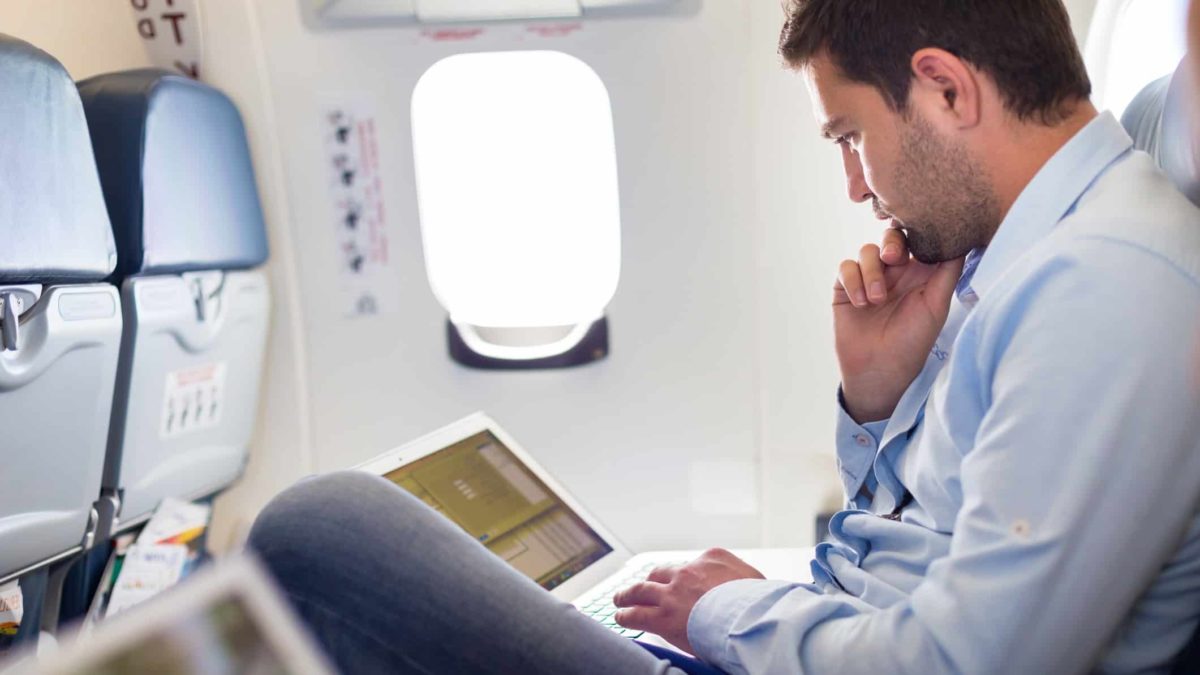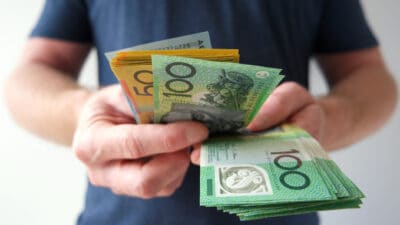Owners of Qantas Airways Limited (ASX: QAN) shares seemingly won't be getting a dividend in 2023 as the ASX travel share decided not to declare one.
Before the pandemic hit, shareholders were regularly getting dividends. In fact, it grew its dividend each year between 2016 to 2019. But we haven't seen a dividend since.
The FY23 report was very encouraging, so let's look at a few highlights from that.
Profit returns with a bang
In the 12 months to June 2023, the airline made underlying profit before tax of $2.47 billion and statutory net profit after tax (NPAT) of $1.74 billion. This translates into statutory earnings per share (EPS) of 96 cents, which puts the current price/earnings (P/E) ratio at 6.5 times.
Qantas said that it was setting aside $340 million to reward more than 21,000 staff (including executive and non-executive retention schemes and bonuses), which includes granting up to 1,000 Qantas shares each.
The ASX travel share said that there was a 132% increase in flying compared to FY22, with strong travel demand driving significantly higher revenue.
It noted that the "normalising of international capacity and the unwinding of inefficiencies from the return of flying will help put downward pressure on fares and strengthen financial performance."
So, why no Qantas dividend?
Share buyback
There is more than one way for a company to return capital. It can decide to pay a dividend, or it could also do a share buyback. This involves reducing the share count of the business by buying shares from some shareholders.
A buyback should result in long-term improvement in per-share and equity statistics, rather than a once-off dividend payment that shareholders quickly forget about.
If the airline had paid a dividend to the tune of $1 billion, rather than the $1 billion buyback it did during the year, it would seem like a dividend yield of 9.4% at the current Qantas share price.
The latest announced share buyback was for another $500 million, which would be a 4.7% dividend yield if it were paid as a dividend.
To point out a negative, only the participating investors get the cash from a share buyback, unlike a dividend where all shareholders get a payment. A share buyback doesn't necessarily increase the share price (in the shorter term).
Fleet renewal
Qantas may also prefer to go with share buybacks because they seem much more of a one-off shareholder return, whereas paying dividends may send a signal that the business may regularly pay dividends.
The ASX airline share may not want to commit to regular dividends because of its capital expenditure needs. The business needs cash for aircraft and wants to maintain a good balance sheet. With its FY23 result, the business announced a firm order for 12 Airbus A350 and 12 Boeing 787 aircraft. It described this as a "multi-billion dollar" order, with the aircraft arriving from FY27 into the next decade. It also has additional purchase-right options for renewal and growth. On top of that, the deal includes access to up to 500 million litres of sustainable aviation fuel, which enhances its pathway to its 2030 emissions targets.









